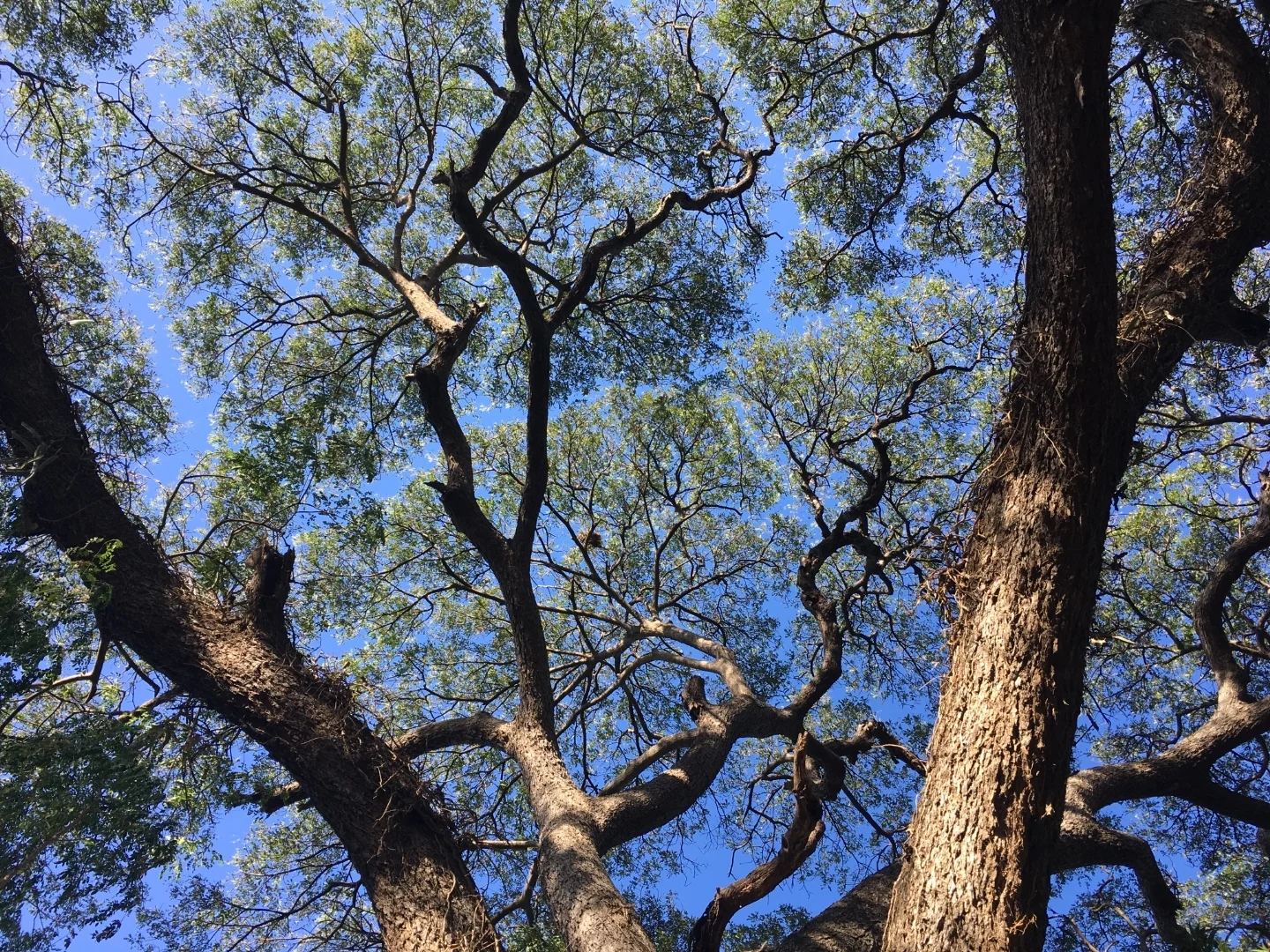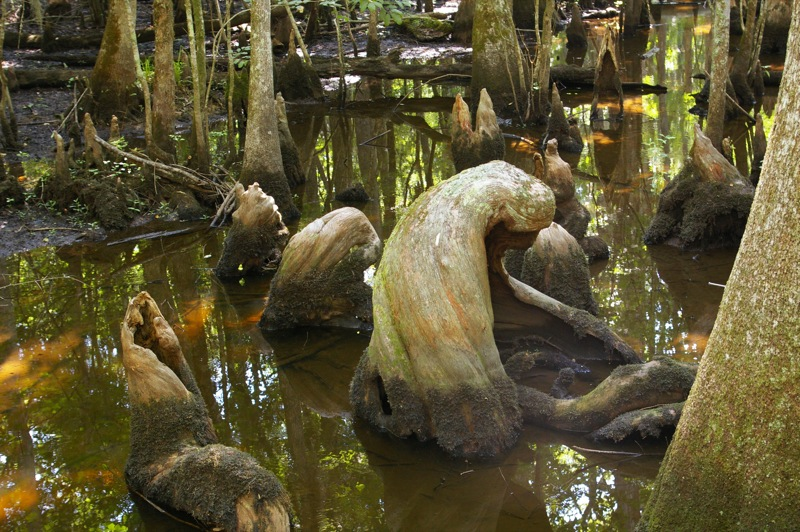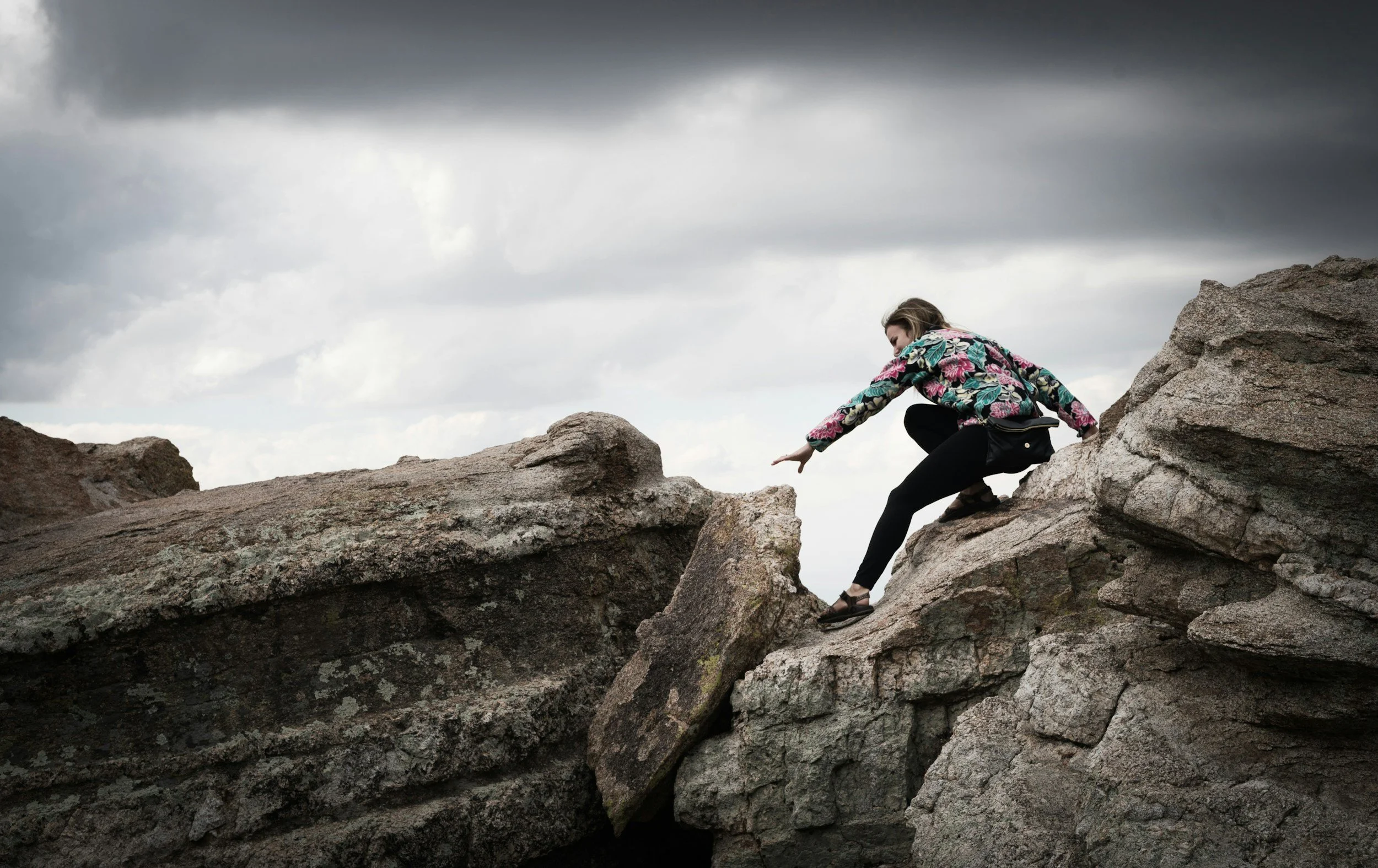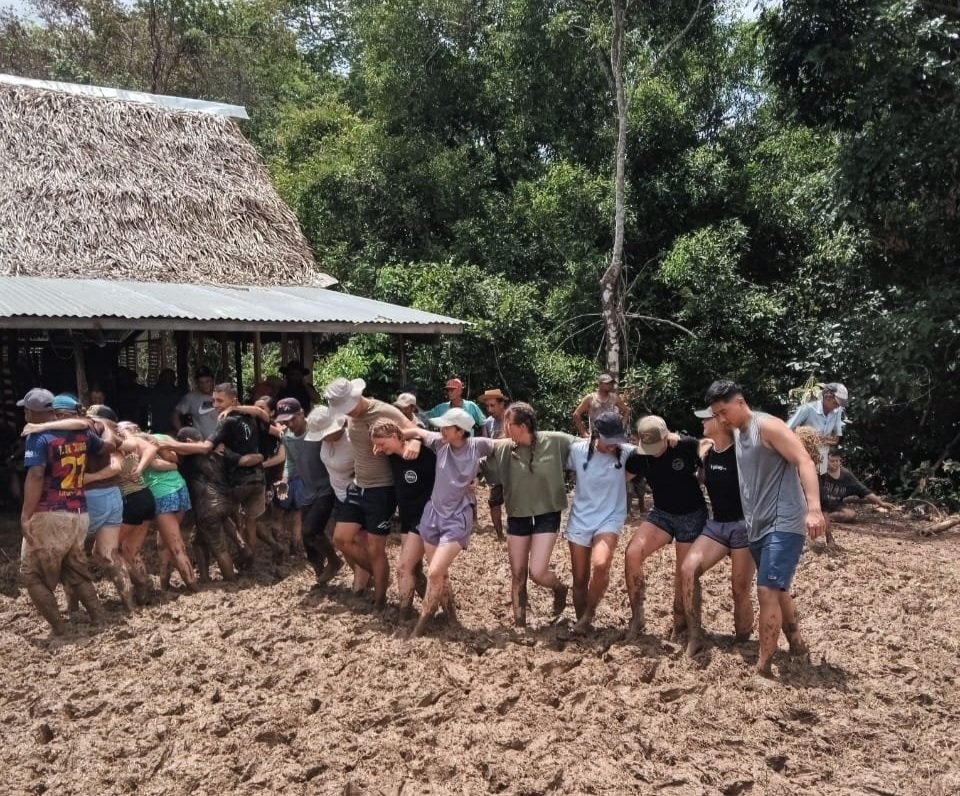Beyond the Passport: Discovering a World of Culture with Domestic Study Abroad in the South Carolina Lowcountry
/Sweetgrass basket weaving, an important Gullah Geechee cultural practice
Domestic study abroad offers a powerful, and importantly accessible alternative to international programs, delivering deep cultural immersion and academic rigor without the complexity of international travel or the need for a passport. By focusing on the rich cultural landscapes within the United States, these programs make transformative learning experiences available to a broader student population.
One example is our program in South Carolina’s Lowcountry, developed for Agnes Scott College and in partnership with the Avery Research Center for African American History and Culture at the College of Charleston. This itinerary provides students with firsthand engagement through visits to historic sites, conversations with culture bearers, and workshops on traditional practices. It demonstrates how domestic programs can effectively foster inter-cultural competency, historical awareness, and meaningful community connection.
We want to share this program as a case study for institutions seeking to provide impactful and ethical learning opportunities for students who are not able to travel internationally or simply seek a cultural immersion experience closer to home.
Broad Street in the historic center of Charleston, SC
The Power and Purpose of Domestic Study Abroad Away
The term “abroad” does not have to mean international. It can mean inter-cultural. From the neighborhoods of Brooklyn to Puerto Rico and US Virgin Islands, to American Indian reservations, and traditional communities such as the Gullah Geechee, we can find unique cultures with idiosyncratic traditions and beliefs. We can even say that for the cowboy culture of Wyoming and Montana, the farmers of Iowa and Nebraska, and of course the Cajuns of Louisiana. Each of the mentioned locations offers incredible learning opportunities, every bit as challenging and eye-opening as travel overseas. For us, the key to domestic cultural immersion is the same as international study abroad: partnership with local institutions and individuals who help us facilitate authentic interaction.
Benefits of Domestic Faculty Led Programs
One of the biggest known obstacles to study abroad is its cost. Domestic programs may be less expensive due to lower flight costs. Furthermore, passports, visas and medical insurance are likely not required, all resulting in savings for students. Our program in South Carolina was particularly cost effective as the group took a bus from Atlanta, where Agnes Scott College is located.
The shorter flights also have a lower carbon footprint. They are logistically easier to organize with less paperwork for passports and more straightforward risk management for universities and providers (e.g., vendors are more likely to have liability insurance than in other countries).
The lower cost makes the programs more accessible to students with fewer financial resources and allows to diversify participation in study abroad, which has historically remained in single digits across the country. Students who might not be able to obtain a passport or otherwise have international travel restrictions are also able to take advantage of these programs. In effect, the domestic programs are a great complement to international education.
What We Hope Students Gain from Our Programs
Domestic or international, we want students to walk away with the following:
Cultural Competency: The ability to understand, communicate with, and effectively interact with people across cultures
Historical Awareness: Connecting textbook history to tangible places and living descendants
Community Connection: Moving beyond sightseeing to foster respectful and reciprocal relationships through authentic (not transactional) interaction
As you will see below, our program in South Carolina was able to achieve these objectives.
FLP Case Study: South Carolina Lowcountry
Background
The history of this region is a crossroads of European, African, and Indigenous influences and the center of the antebellum rice and cotton economy. The coastal area is called of the Sea Islands and marshes is called the "Lowcountry." It was ideal for cultivating rice. The enslaved people from West Africa knew how to grow rice in a similar geography, and the regions economy was built on their knowledge and forced labor.
The Gullah Geechee are the descendants of enslaved West Africans who retained a distinct creole language, cuisine, and cultural traditions due to the Sea Islands geographic isolation, among other factors. Their story is one of profound resilience, cultural preservation, and ongoing struggle for land rights.
Ethical Considerations: Learning With, Not Just About
In all of our work we aim to not just provide transformative experiences for students but also to make a positive economic impact on the host community and host institutions. This program could not have been designed without the support of the Avery Research Center for African American History and Culture at the College of Charleston and the Center’s director Dr. Tamara Butler. The importance of local community voices on study abroad or study away programs cannot be overstated. Dr. Butler helped us arrange conversations with culture bearers, church congregations, and local residents to ensure the narrative of the program was authentic and owned by the community. This model avoids extraction and instead promotes respectful, educational cultural exchange. In return we made a generous donation to the Center, approved by our client Agnes Scott College. Fairly compensating local nonprofits for their support is essential for our mission and ongoing sustainability in our work.
Francis Beidler Forest near Charleston was a stop on the Underground Railroad
Itinerary Design for Transformational Study Away
This program was developed for one of our clients, Agnes Scott College, as part of their Global Journeys initiative, a core component of the College’s curriculum whereby all first year students have a chance to study abroad (or away) for free. The initiative is funded with the college’s endowment. Global Journeys have several themes that all programs must incorporate: globalization, identity and culture; imperialism, and the ethics of travel. We present the following itinerary highlights in the context of these broader themes and the specific learning objectives of this program.
Confronting History and Honoring Memory
McLeod Plantation Historic Site: This historical landmark was recommended by Dr. Butler due to its focus on the lives and preserved and restored homes of the enslaved rather than the plantation houses of the slave owners which are more commonly visited at other former plantations.
International African American Museum: Standing on the sacred ground (Gadsden's Wharf) where nearly half of all enslaved Africans entered the U.S, this isn't just a museum; it's a hallowed site.
Angel Oak Tree: A natural monument and "witness tree" on John’s islasnd that has stood for centuries, providing a space for quiet reflection on the history it has seen.
Connecting with Culture Bearers and Community
Lunch with a Historic Black Church Congregation: Dr. Butler invited the group to have lunch with the congregation of the historic Hebron Zion Presbyterian Church, dating back to 1867 when it was erected by and for formerly enslaved people. To visit this church and speak with the descendents of its founders was a powerful experience, to say the least.
Conversation with the Gullah Geechee Cultural Heritage Corridor: The mission of the Corridor is to preserve, share and interpret the history, traditional cultural practices, heritage sites, and natural resources associated with Gullah Geechee people of coastal North Carolina, South Carolina, Georgia and Florida. The Corridor was created by an act of Congress, highlighting the value of this culture as an American institution.
Engaging with the Land and Sea
Francis Beidler Forest: The group visited this unique swamps ecosystem with a member of the Black and Brown Interpreters Network, a group of local guides trained and supported by the Avery Center. In addition to being an Audubon site the forest was a stop on the Underground Railroad.
Coastal Conservation League: The group also met with this nonprofit organization fighting for conversation and the generational land rights of the Gullah Geechee, which currently threatened by development.
Morning Glory Homestead: Learning about the coastal ecosystem at homestead offering farm to table meals was an incredible way to finish the program. Through hands-on experiences, students learned about sustenance through fishing, crabbing, and farming.
Translating Experience into Learning Outcomes
In addition to daily guided reflections, which helped students to process the challenging content they were hearing about, the group learned to listen actively to community narratives, ask respectful questions, and understand a culture on its own terms. These are essential outcomes for any international or inter-cultural experience. Learning from experts like Dr. Butler and local knowledge bearers from the Black & Brown Interpreters Network ensured academic depth, when combined with readings and content delivered by course faculty.
A Replicable Model for Transformative Education.
By making transformative cultural immersion accessible and academically rigorous, this program does more than just teach history—it changes perspectives and provides a powerful model for experiential learning. This program’s structure—partnering with a cultural center, centering community voices, combining history with hands-on learning—provides a template other institutions can adopt to achieve their learning outcomes in any domestic or international setting.
This journey into the South Carolina Lowcountry proves that profound cultural immersion doesn't require a passport. By partnering directly with the Gullah Geechee community, this domestic study abroad model offers an accessible, ethically designed, and transformative learning experience. It provides a powerful blueprint for fostering deep historical awareness, cultural competency, and meaningful community connection, all within the rich landscapes of our own country.














